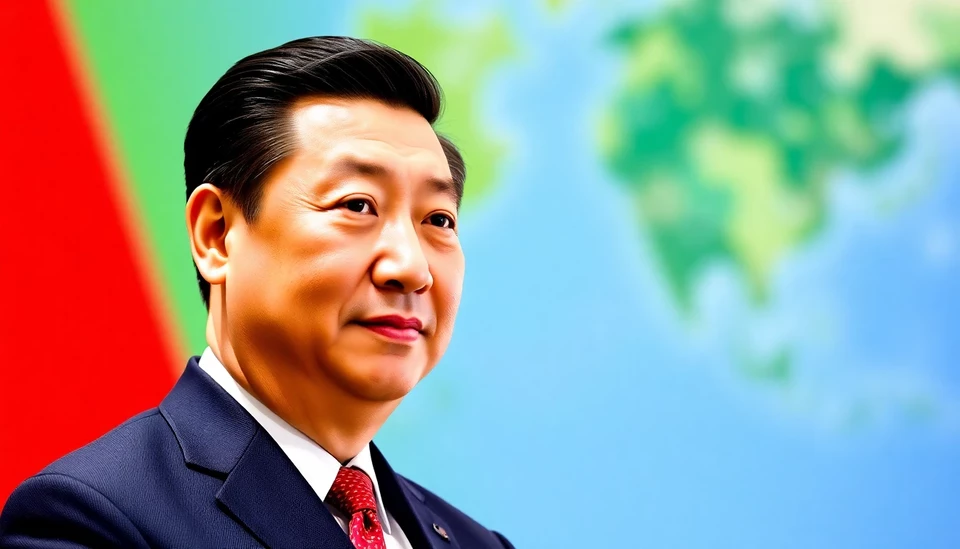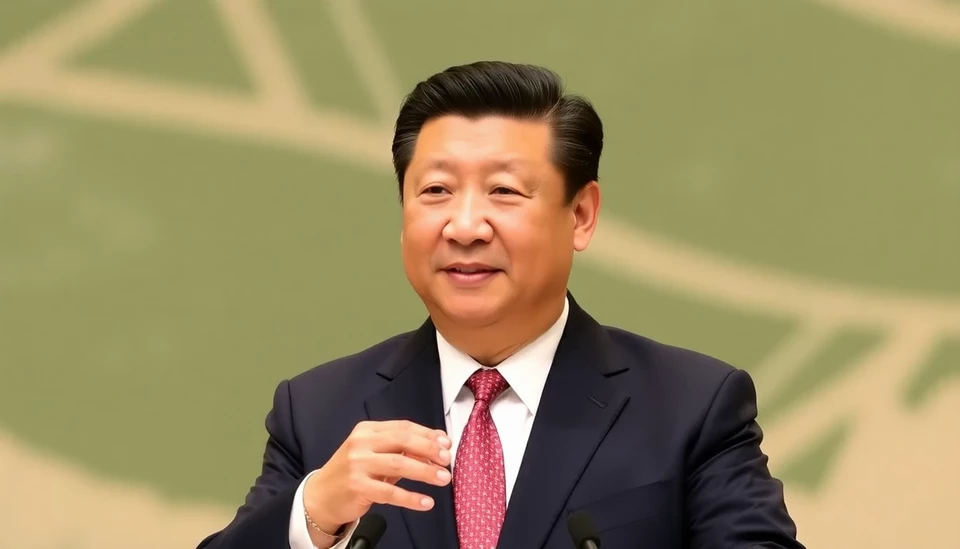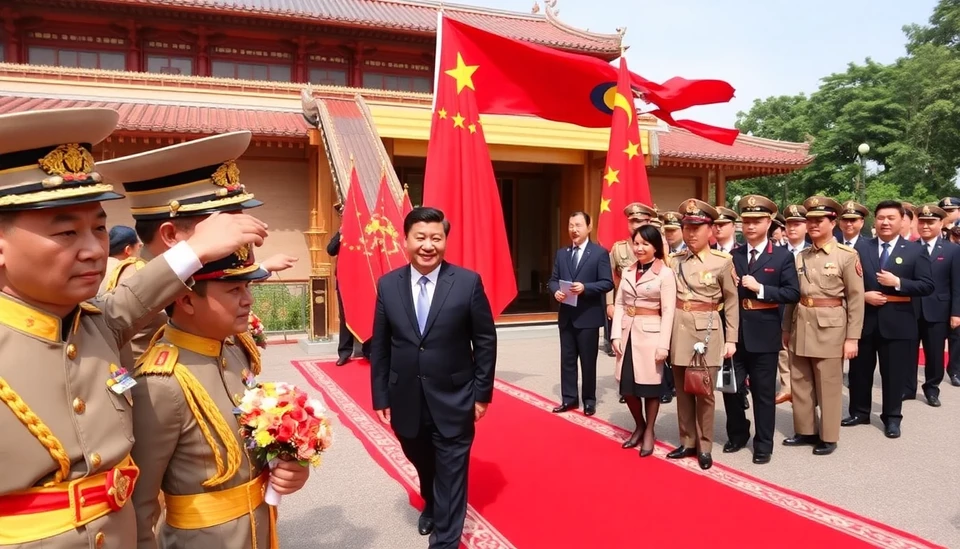
As the political landscape in the United States shifts, particularly with the prospect of Donald Trump's return to the presidency, Chinese President Xi Jinping is strategically positioning himself to navigate the potential chaos that could arise from this scenario. Recent developments suggest that if Trump were to reclaim the White House, he might push for drastic measures, including imposing tariffs as high as 60% on Chinese imports, a move that could disrupt global markets.
With the U.S. elections approaching in 2024, the prospect of Trump's economic policies looms large over the future of U.S.-China relations. Analysts are increasingly concerned about the implications of such tariffs, viewing them as a potential trigger for widespread economic disorder. Despite these threats, it appears that Xi is better equipped than before, having learned from previous encounters during Trump's presidency.
Xi's government has taken significant measures over the past few years to bolster China's economic resilience. By diversifying trade partnerships and strengthening domestic industries, Beijing aims to mitigate the fallout from any punitive actions the U.S. might implement. The Chinese leadership is acutely aware of Trump's history of favoring confrontational trade relations, and their preparation reflects this understanding.
With economic experts predicting volatility, the Chinese administration is focusing on enhancing its supply chain integrity and securing critical resources. Xi’s strategy appears to be one of calculated endurance, anticipating that any potential tariffs would not only be an immediate threat but also a longer-term challenge as they might spark retaliatory measures from China.
As diplomatic ties fluctuate, both nations are likely to engage in a high-stakes game of strategy and negotiation. U.S. businesses with deep ties to China are expressing their apprehensions about the impact of these tariffs and their potential to slow down growth and increase costs. This could consequently lead to significant shifts in market dynamics and affect everyday consumers.
In addition to trade deficits and tariffs, the geopolitical considerations surrounding Taiwan and other regional security issues are likely to be exacerbated if Trump is elected. Xi Jinping is expected to keep a close eye on the evolving political dynamics within the United States, attempting to leverage any favorable developments to China's advantage.
In conclusion, while the specter of high tariffs and economic upheaval looms over the U.S.-China relationship with Trump potentially at the helm once again, Xi’s preparations underscore a newfound readiness to manage and respond to potential crises. The unfolding developments in the next few months will be crucial in shaping the future interactions between these two global superpowers.
#XiJinping #DonaldTrump #USTariffs #ChinaEconomy #GlobalMarkets #TradeRelations #PoliticalDynamics #Geopolitics #2024Elections
Author: Daniel Foster




